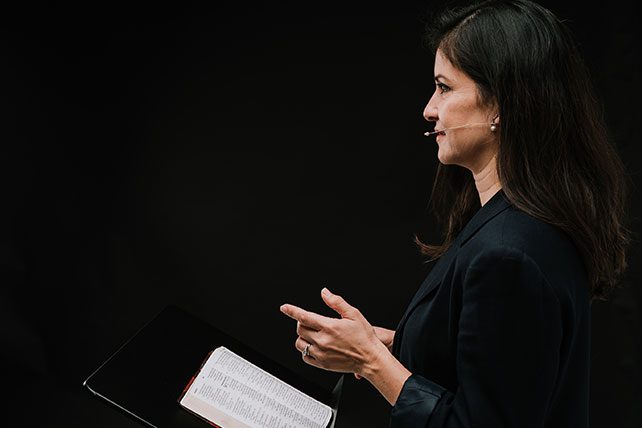For many, the path to becoming a pastor starts with a profound sense of calling—a moment, experience, or conviction that God is summoning them to serve the church in a unique and sacrificial way. But answering that call is just the beginning. Becoming a pastor involves a lifelong process of growth, equipping, and practical wisdom. It means learning not just how to preach a sermon, but how to shepherd people, navigate conflict, and lead a community through changing seasons.
Understanding the Journey of Becoming a Pastor
The Internal Call: Clarity in Conviction
The earliest step in becoming a pastor is discerning the internal call. This isn’t merely about having a passion for theology or enjoying public speaking. It’s about a sustained conviction that the local church is where you’re meant to serve and lead. This calling is typically confirmed over time through prayer, spiritual counsel, and opportunities to serve in various ministry roles.
If you sense this internal prompting, ask key questions: Is this desire consistent and growing? Are others affirming this call in my life? Am I willing to serve sacrificially, not just in high-profile roles, but also behind the scenes? Genuine pastoral calling often shows itself in quiet faithfulness long before anyone hands you a microphone.
RELATED: Called, Appointed, and Annointed
Training Matters: Learning with Humility
Once the calling is sensed and affirmed, the next step is preparation. Becoming a pastor requires deep spiritual, emotional, and intellectual formation. That might include formal seminary training, but it should also involve mentorship, local church involvement, and real-life ministry experience.
Formal education can help you understand Scripture, theology, and church history. But hands-on experiences—like leading a small group, visiting someone in the hospital, or serving in youth ministry—teach the emotional intelligence and relational discernment pastors need. Be open to feedback. Be willing to learn from others, especially those further along the journey.
The Role of the Local Church in Shaping Pastors
No one becomes a pastor in isolation. The local church, along with the associated denomination, plays a vital role in affirming, equipping, and releasing pastoral leaders. A healthy church gives aspiring pastors space to grow, opportunities to serve, and honest guidance about their readiness.

